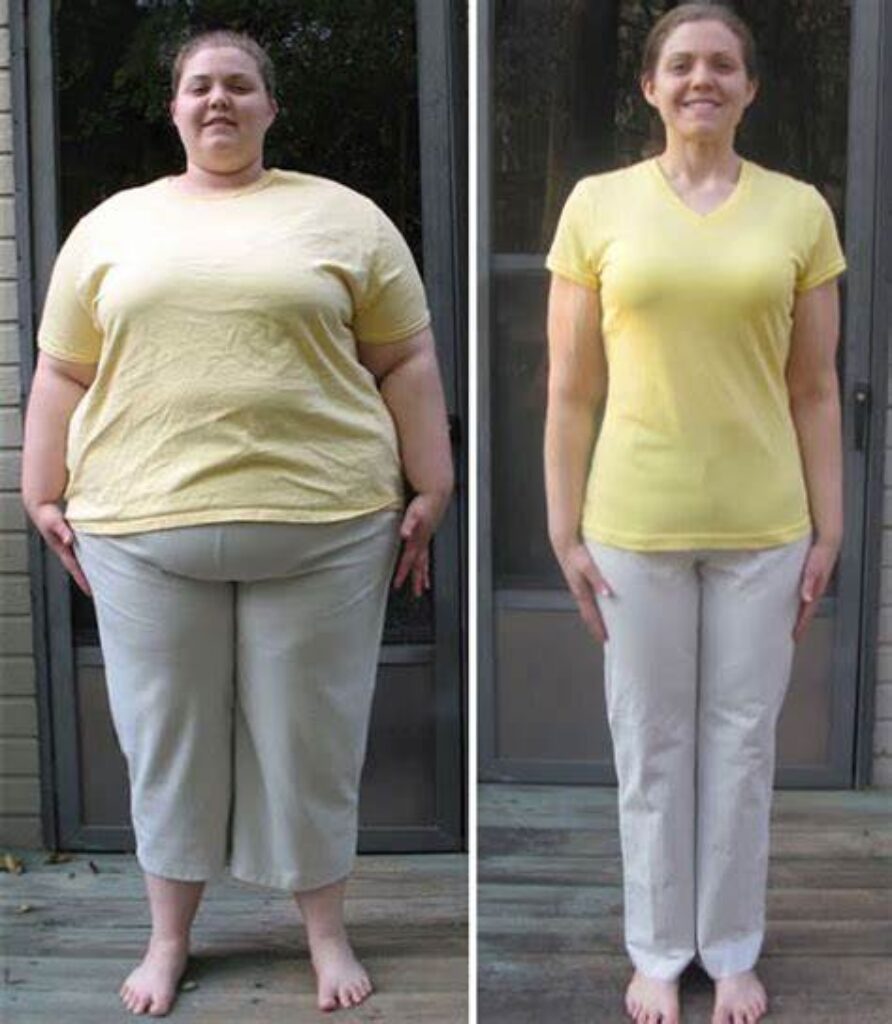Why is Weight Loss so Hard?

Unveiling the Complexities: Why Weight Loss Remains an Uphill Battle
The Weight Loss Struggle: Why It’s So Hard
We all know the feeling: staring at the scale, the numbers refusing to budge, or worse, climbing higher. The desire to lose weight is a common one, fueled by health concerns, aesthetic goals, or simply feeling good in our own skin. But why is it so darn hard? It’s not just about willpower, it’s a complex interplay of biological, environmental, and psychological factors.
1. Biological Battles:
* Hormonal Harmony: Our bodies are designed to store energy for survival, especially in times of famine. This innate survival mechanism kicks in when we try to lose weight, leading to hormonal shifts that make us crave more food, slow down our metabolism, and even make us feel more tired. Hormones like leptin, ghrelin, and insulin play a complex role in regulating hunger, satiety, and energy expenditure, often working against our weight loss efforts.
* Genetics & Metabolism: Our genes have a significant impact on our body composition and how our bodies metabolize food. Some people are genetically predisposed to be leaner, while others have a harder time shedding pounds. Additionally, our metabolism naturally slows down as we age, making weight loss more challenging.

* Adaptive Thermogenesis: When we reduce calorie intake, our bodies adapt by burning fewer calories to conserve energy. This is a natural response, but it can sabotage weight loss efforts, making it harder to reach our goals.
2. Environmental Enticements:
* Food Abundance & Availability: We live in a world of readily available, calorie-dense food. From fast food chains to supermarkets bursting with tempting treats, it’s easier than ever to overeat.
* Portion Distortion: We’ve become accustomed to larger portions, often surpassing the amount our bodies truly need. This constant overconsumption contributes to weight gain.
* Stress & Sedentary Lifestyle: In our fast-paced world, stress is a constant companion, often leading to emotional eating and increased cortisol levels, a hormone that can promote fat storage. Combine that with increasingly sedentary lifestyles, and we create a perfect storm for weight gain.
3. Psychological Pitfalls:
* Emotional Eating: Food can become a source of comfort, distraction, or reward. Emotional eating can sabotage our best intentions, leading to overeating even when we’re not truly hungry.
* Negative Body Image & Self-Esteem: Unrealistic body ideals and negative self-talk can undermine our confidence and make weight loss feel like a monumental task.
* Lack of Motivation & Support: Changing habits is hard, and it can be discouraging when we don’t see immediate results. Without strong motivation and a supportive network, it’s easy to slip back into old patterns.

Breaking the Cycle:
While weight loss can be challenging, it’s not impossible. Here are some strategies for navigating the obstacles:
* Prioritize a Healthy Lifestyle: Focus on creating sustainable habits, including a balanced diet rich in fruits, vegetables, lean protein, and whole grains. Regular physical activity is also essential for boosting metabolism and burning calories.
* Mindful Eating: Pay attention to your body’s hunger cues and eat slowly, savoring your food. Avoid eating out of boredom, stress, or emotional distress.
* Seek Professional Help: A registered dietitian or nutritionist can provide personalized guidance on diet and exercise. A therapist can help address emotional eating patterns and improve body image.
* Embrace Patience & Persistence: Weight loss takes time and effort. Don’t get discouraged by setbacks. Focus on making small, sustainable changes that you can maintain over the long term.
Weight loss is a marathon, not a sprint. It requires patience, dedication, and a willingness to address the complex interplay of biological, environmental, and psychological factors that contribute to weight gain. With a holistic approach and a focus on long-term health and well-being, it is possible to reach your weight loss goals and live a healthier, happier life.
